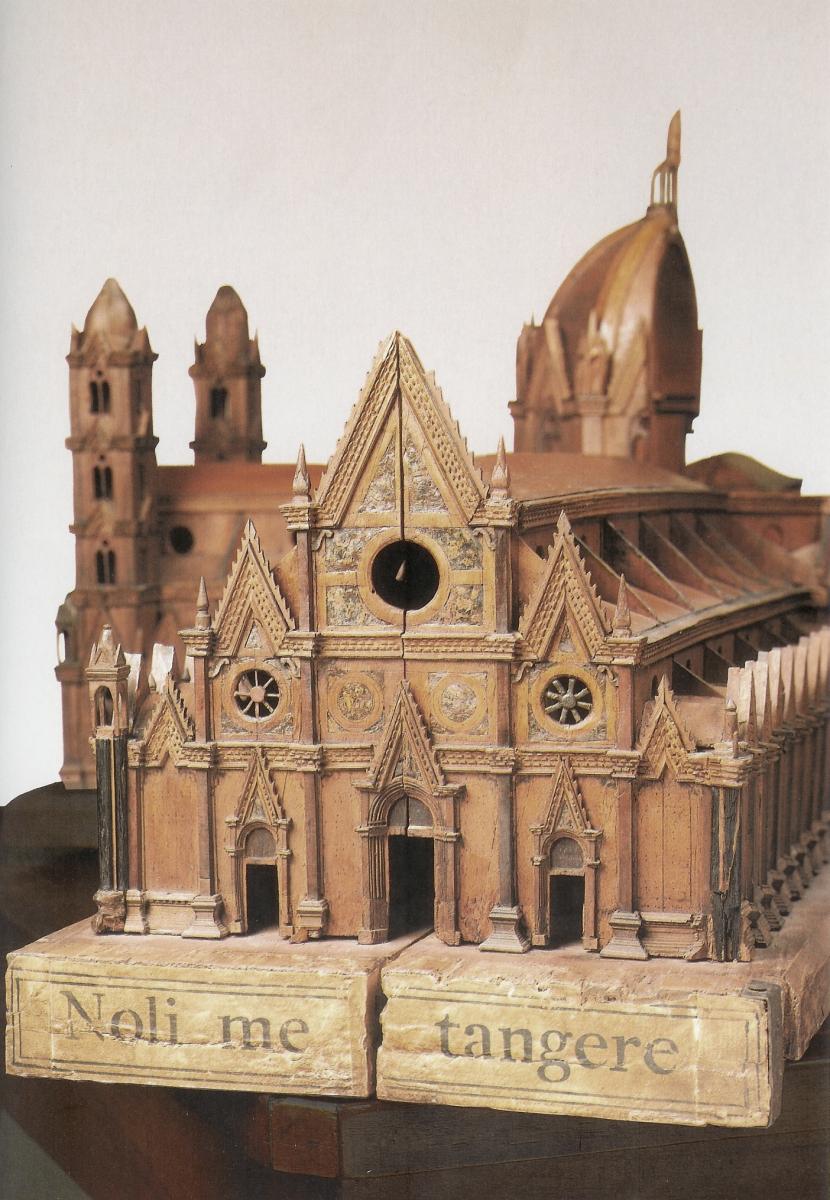Natalie Zemon Davis Annual Lecture Series 2016 - Writing Cities: Exploring Early Modern Urban Discourse by James Amelang - Lecture 3
Watch live online: https://videosquare.ceu.edu/en/live
JAMES S. AMELANG
Universidad Autónoma de Madrid
James S. Amelang studied History and Romance Languages at Oberlin College (BA '74), International Relations at Johns Hopkins-SAIS (MA '76), and History at Princeton University (Ph.D '82). A junior year abroad in Madrid, graduate study in Bologna, and doctoral research in Barcelona laid the foundations of his interest in early modern European history, and after teaching at the University of Florida he settled in Madrid, where he has taught at the Universidad Autónoma since 1989. His principal books are Honored Citizens of Barcelona: Patrician Culture and Class Relations, 1490-1714 (1986); A Journal of the Plague Year: The Diary of the Barcelona Tanner Miquel Parets, 1651 (1991); The Flight of Icarus: Artisan Autobiography in Early Modern Europe (1998); and Parallel Histories: Jews and Muslims in Inquisitorial Spain (2013). The greatest fun he has had as a historian has been to co-author (with Gary McDonogh and Xavier Gil) Twelve Walks through Barcelona's Past (1992). His current project is to complete the Oxford History of Early Modern Spain.
WRITING CITIES: EXPLORING EARLY MODERN URBAN DISCOURSE
Only one out of every ten early modern Europeans lived in cities. Yet cities were crucial nodes, joining together producers and consumers, rulers and ruled, and believers in diverse faiths and futures. They also generated an enormous amount of writing, much of which focused on civic life itself. Yet despite its obvious importance, historians have paid surprisingly little attention to urban discourse; its forms, themes, emphases and silences all invite further study. These lectures explore various dimensions of how and what early modern citizens wrote about their cities, and offer practical suggestions regarding the different ways historians can approach such a diverse and intriguing textual corpus. At the same time they highlight the extraordinary contribution Natalie Davis has made to our understanding of early modern urban society and culture.
LECTURE 3 - 5.30pm on December 9, 2016
DIALOGUES: THE TALK OF THE TOWN
Does form really follow function? One particular genre of urban discourse, the dialogue, suggests that the opposite may be the case. The striking popularity of written conversations in or about early modern cities owed a great deal to the specific characteristics of the genre. Most obvious among these were its open, easy-going format, and its ability simultaneously to accommodate different points of view (while making it possible to favor certain ones in particular). But one of the most prominent attractions of such colloquies was their ability to reproduce in writing one of the things city people liked most to do: to talk. This final lecture surveys the rich but little probed textual world of urban dialogues, and focuses in particular on the extent to which historians may turn to them as sources for reconstructing actual speech from a world we find easier to read than to listen to.
LECTURE 1 - 5.30pm on December 6, 2016
AUTHORS: CREATING A CORPUS
LECTURE 2 - 5.30pm on December 7, 2016
FACADES: DEFINING URBAN BEAUTY
